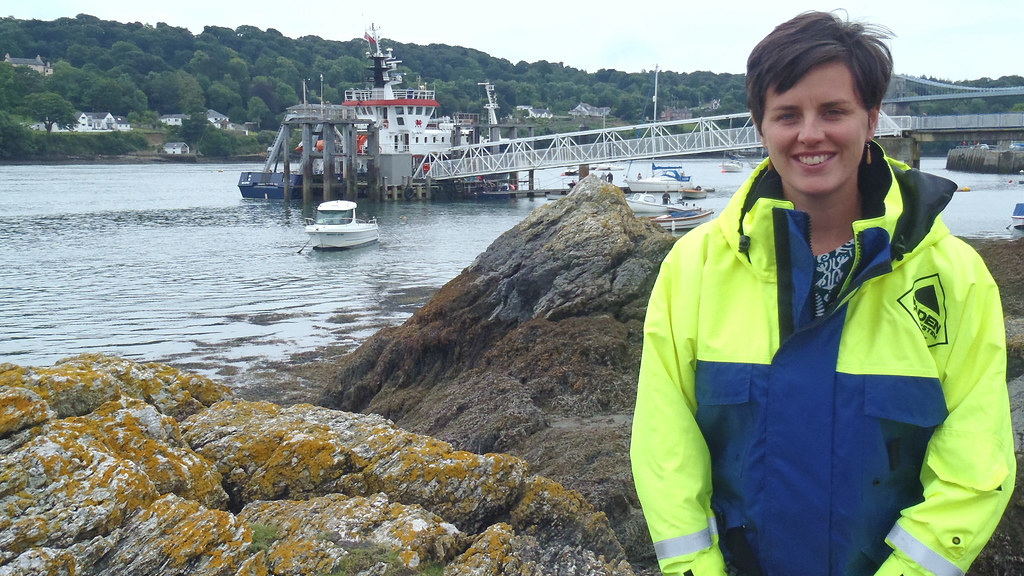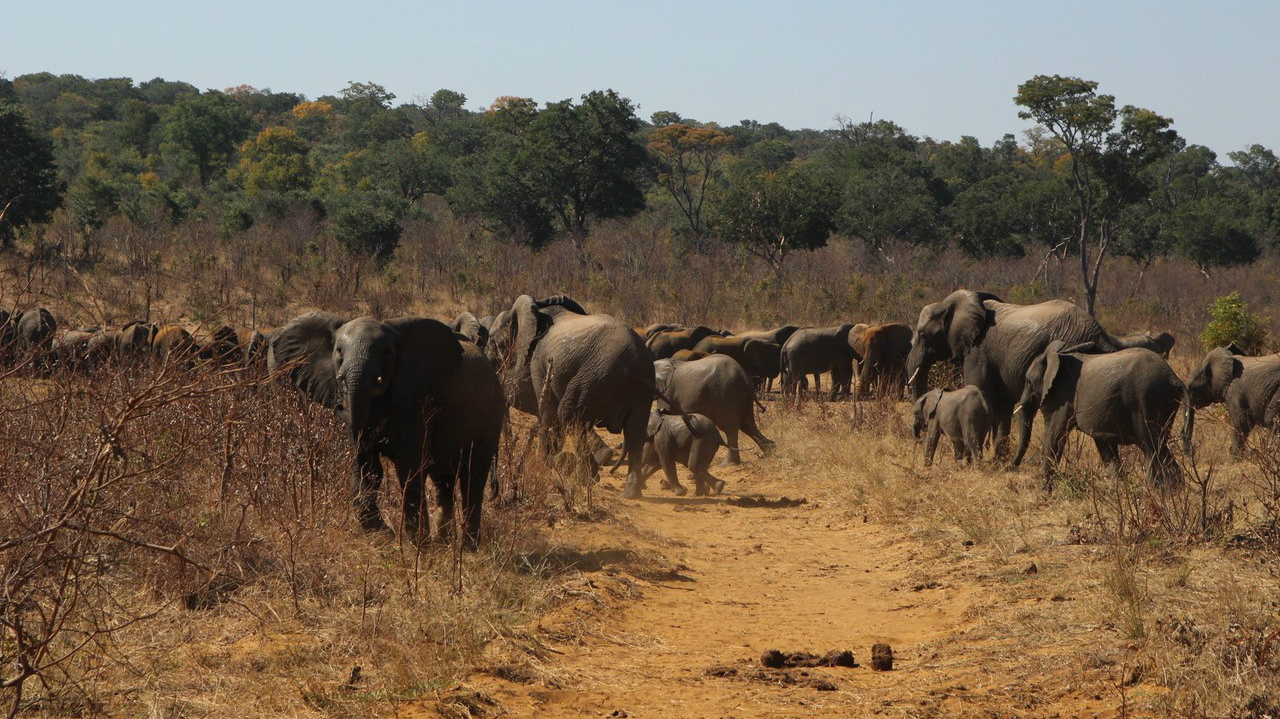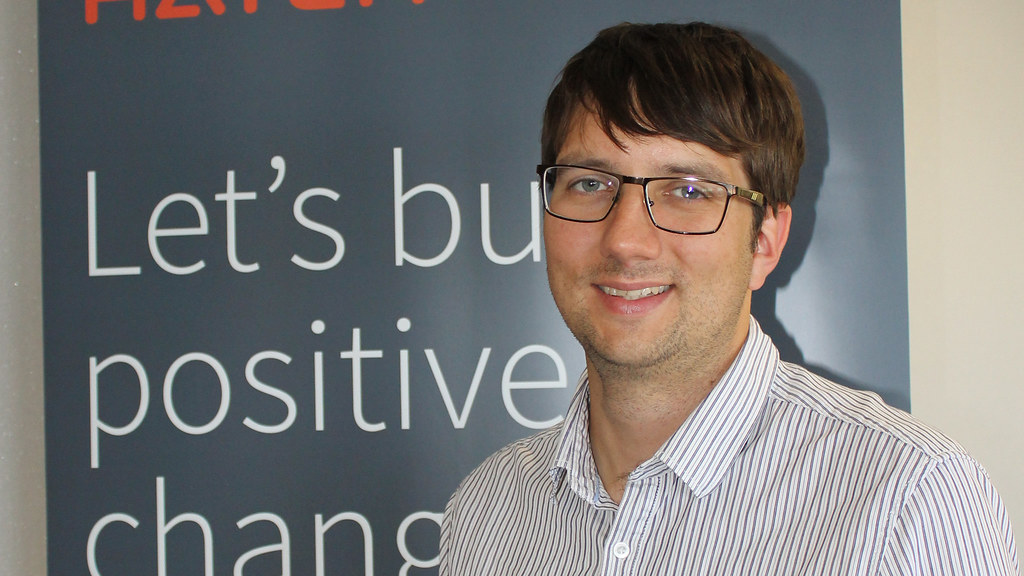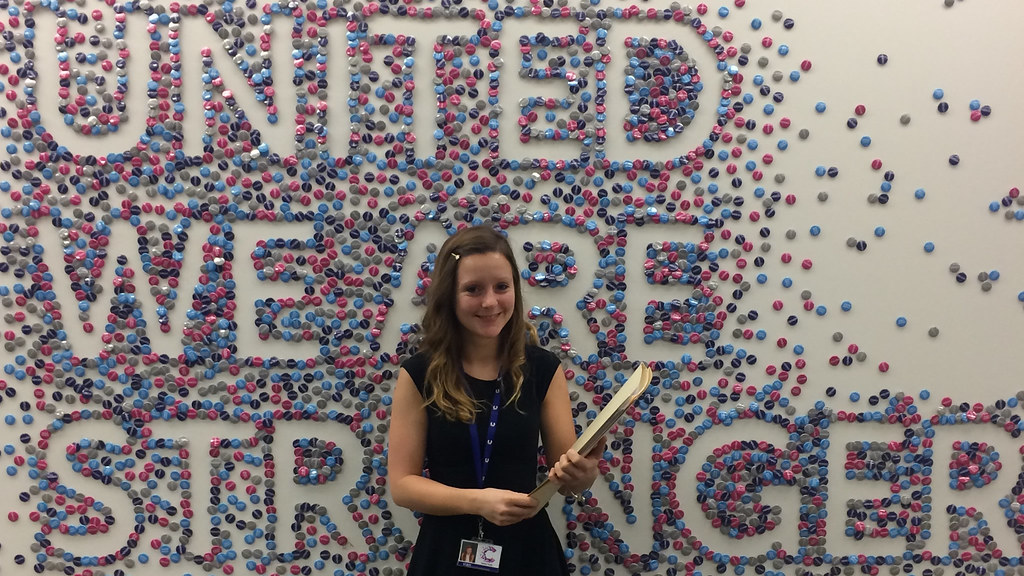I’m a Research Officer at the Centre for Applied Marine Sciences at Bangor University. My main duty is to help marine renewable energy developers to understand the potential for tidal energy extraction around the coast of Wales.
A real-world application of sciences
After completing my BSc in Natural Sciences at Bath, I worked as a Graduate Environmental Consultant. I then went on to study an MSc in Applied Physical Oceanography at Bangor University, followed by a PhD in the same area. While doing my PhD an opportunity arose to join the Centre for Applied Marine Sciences. I am drawn to oceanography because it is a real-world application of mathematics, physics and environmental sciences.
The breadth of the subjects that I studied in my undergraduate course has helped me at interview stage and in my day-to-day work. I have been able to draw upon knowledge from various topics. I also think that the multi-disciplinary approach of the degree has improved my interpersonal skills.
Choppy Welsh waters
My area of expertise is tidal modelling and my focus is on developing high-resolution tidal models. I use the models to inform site characterisation studies for tidal energy developments. I also work closely with the tidal energy industry. As a team, we also work on collaborative research projects and academic peer-reviewed publications.
I'm usually in the office, in particular over the winter months when sea states are often unsuitable for offshore research work. Much of my desk time is spent developing numerical models on high performance computing platforms, and working on results analysis and visualisation. When I’m out at sea on a research cruise it’s very different, as we go out for days at a time. I can be up all night on deck, deploying instruments and preparing samples or sitting around waiting for favourable sea states.
Work-life balance
I enjoy setting up research collaborations, problem solving and attending conferences, in particular if they’re held in exotic places. More than anything, I enjoy the satisfaction of thinking that my work might actually be worthwhile.
By far my biggest challenge is balancing work and life, in particular being a female, early-career academic with a young family. Academic research requires significant self-motivation and time commitment.
My advice to students
My advice to students currently studying the course would be to take advantage of the incredible variety on offer. For example, I was able to change from my major of physics to environmental sciences in my final year. Play to your strengths and interests and you’ll come out with a unique skill set which is applicable in a broad range of disciplines and careers.



